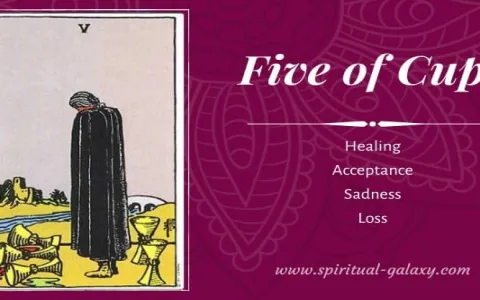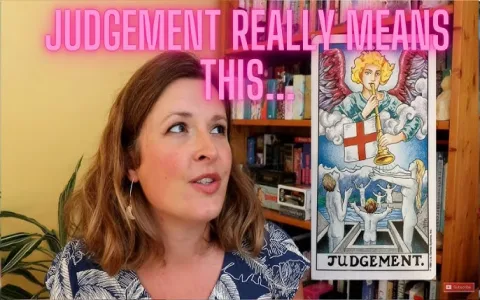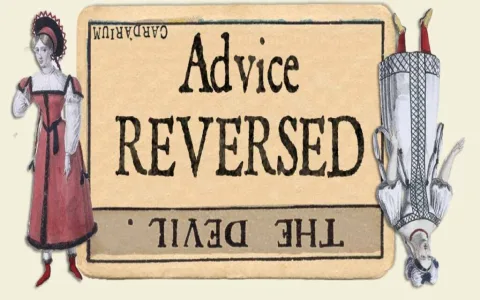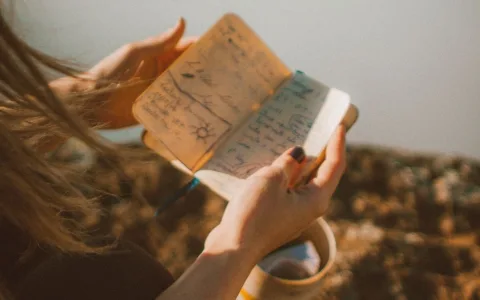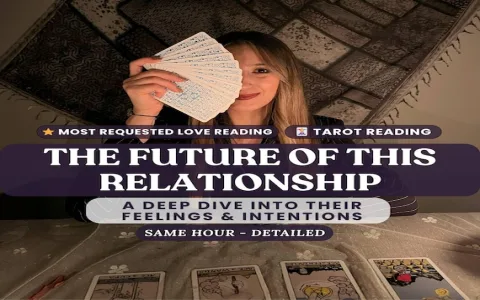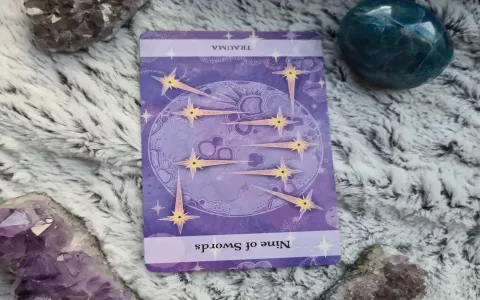How I Finally Understood the Five of Cups: It Wasn’t About the Books, It Was About the Breakdown
Listen, I didn’t get into Tarot because I was looking for some aesthetic witchy hobby. I came to it because my life was a total mess, and I was desperately searching for a manual on how to clean up the wreckage. I was in a massive spiral after everything I’d poured the last five years into—a big project, a relationship, a belief about my future—just collapsed. And I mean collapsed. Vanished.
I remember the first time the Five of Cups really slapped me in the face. I had bought a deck, a cheap one just to get started, and I decided to do a simple “What am I missing?” spread. I pulled the Five of Cups, upright, right in the center. I stared at that drawing. There’s this figure, all cloaked and hunched over, fixated on the three overturned cups, milk or wine or whatever spilled everywhere, staining the ground. He’s completely blind to the two perfect, standing cups right behind him.
My initial reaction was just dread. It felt exactly like my life. I was wallowing. I was spending all my time replaying every single failure, every stupid mistake, every harsh word that led to the collapse. I registered the common interpretations: loss, grief, focusing on the negative. But it didn’t feel like a helpful diagnosis; it felt like a mirror.
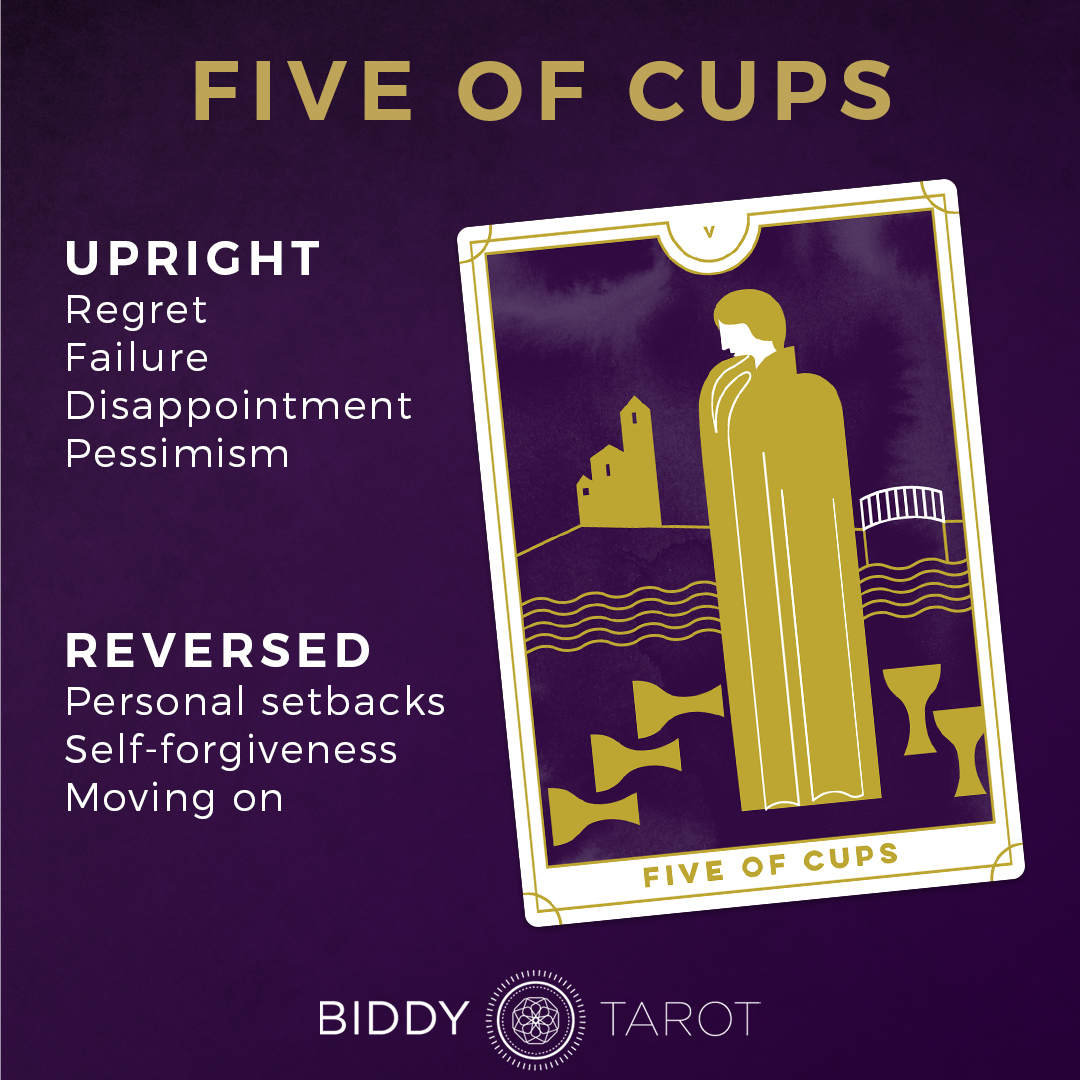
I spent weeks wrestling with that card. I journaled about it every morning. What exactly was I clinging to? It was the phantom of the “perfect plan.” The future I thought I was entitled to. That was the three spilled cups. The whole point of practicing, I realized, wasn’t just to memorize the textbook meaning; it was to force myself to identify those two standing cups.
The real breakthrough came during a period when I was completely broke, sitting on my couch, feeling sorry for myself. I was crying about how I’d wasted all my savings and time. That’s the three cups, right? Spilled potential. I was literally calling up an old friend and venting about how I was going to have to move back home, how I was a failure.
My friend, who is brutally practical, interrupted me. She said, “Hold up. You’ve lost a lot of money, yeah, that sucks. But you learned ten times more about business than you did the five years before that. You still have your health, you still have your skills, and you just picked up two side gigs that actually pay the rent. Are those things nothing?”
That was the moment. The light just flicked on. My friend had pointed out the two standing cups I was too busy staring at the metaphorical spillage to notice. I realized the card wasn’t just about sadness; it was about willful blindness. My practice shifted instantly. I didn’t just read the card; I used it as an exercise. Every time I pulled it, I had to immediately list three things I had lost (the three cups) and two concrete things I still had (the two cups).
Flipping the Script: Dealing with the Five of Cups Reversed
Now, the reversed meaning. This one is tricky, and I’ve seen people mess it up. They think reversed automatically means the good stuff: “Oh, it’s reversed, so I’m moving on and feeling great!”
No way. Not with the Five of Cups. When I pulled the reversal for the first time in a reading for someone else, I realized it rarely means instant healing. For me, the reversal often signals one of two things, both messy:
- The Forced Acceptance: You are sick of the pain, so you are forcing yourself to look ahead. It’s not genuine healing yet; it’s exhaustion. You’re physically turning your body away from the spilled cups, but you haven’t cleaned them up yet. I experienced this when I took a temp job just to stop thinking about my old career. I was productive, but deep down, I hadn’t processed the grief.
- The Return of the Ghost: Sometimes, the reversed card shows up when you thought you were done with the grief, but the old regret sneaks back in. You think you’ve buried the three spilled cups, but the ground is soft, and they are threatening to pop back up.
My practice with the reversal always involves asking: “Are you genuinely letting go, or are you just running away from the feelings?” If it’s the latter, the card is basically yelling at you to stop pretending and get honest about the lingering hurt.
This whole process, from the initial shock to the eventual clarity, cemented my approach to tarot. It’s not about mystical knowledge; it’s about practical identification. The Five of Cups isn’t a prophecy of doom; it’s a photograph of your current emotional state. Are you looking at the spilled mess, or are you finally ready to grab hold of the two cups that are still standing there, full and waiting?
That’s what this card taught me. You have to mourn the loss, sure, but you also have to stop staring at the ground, or you’ll miss the good stuff that’s literally right behind your back.

